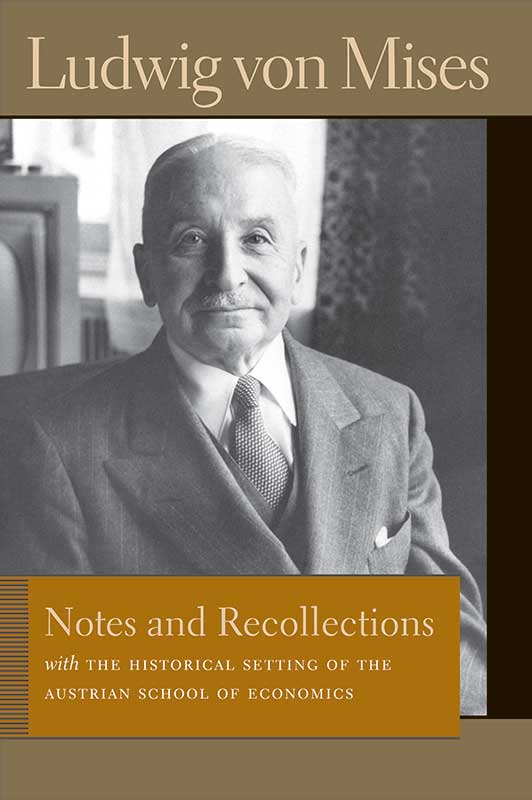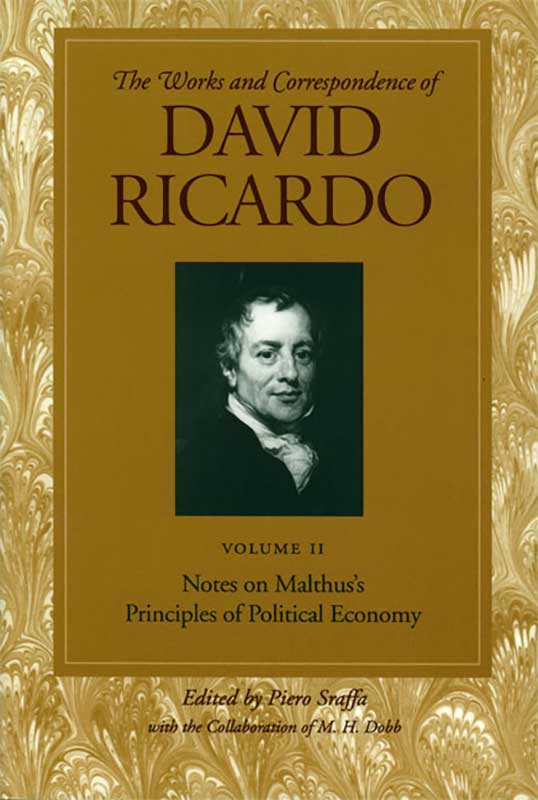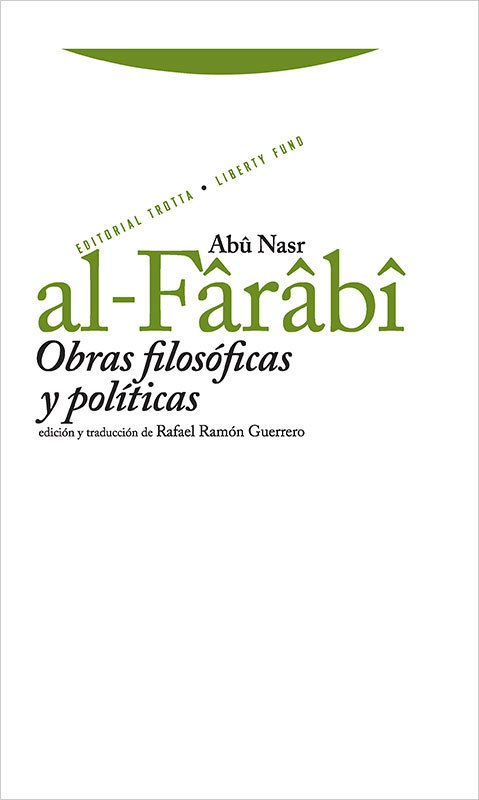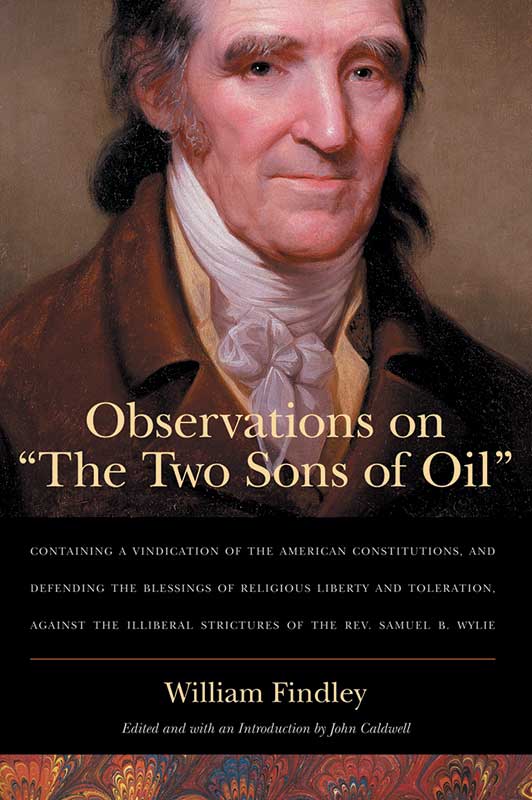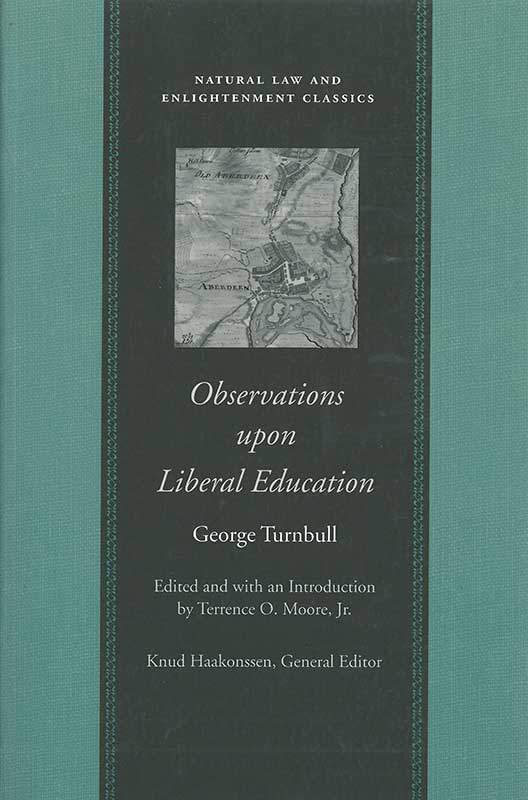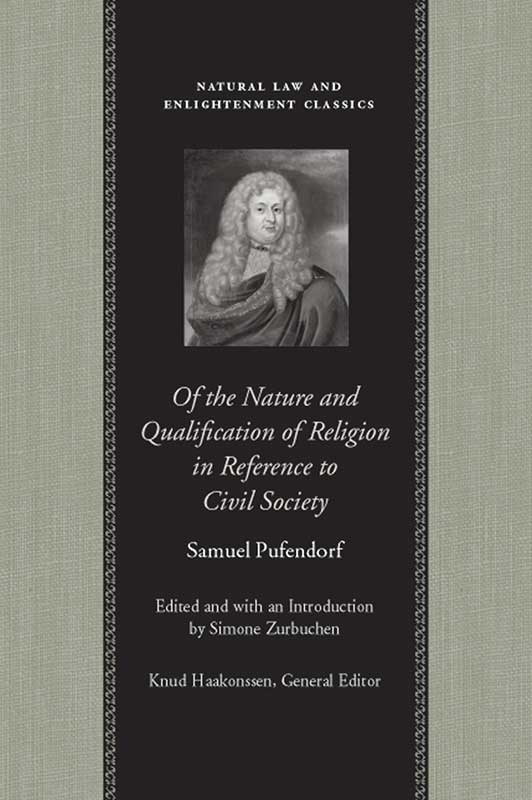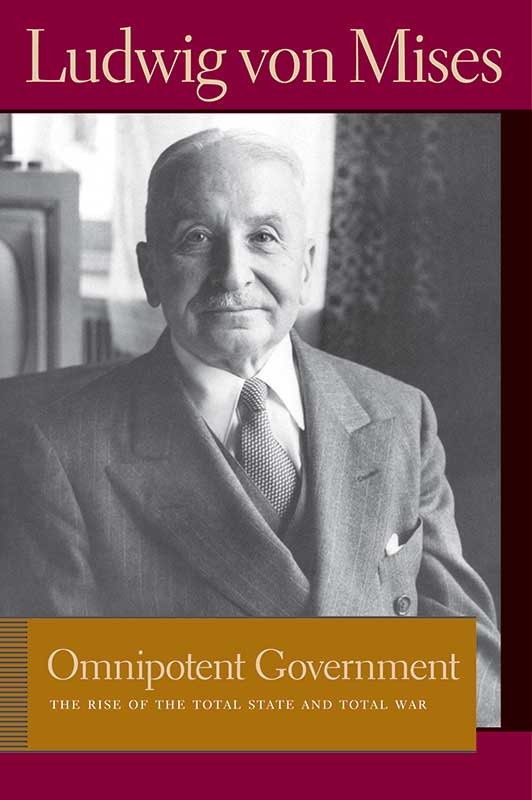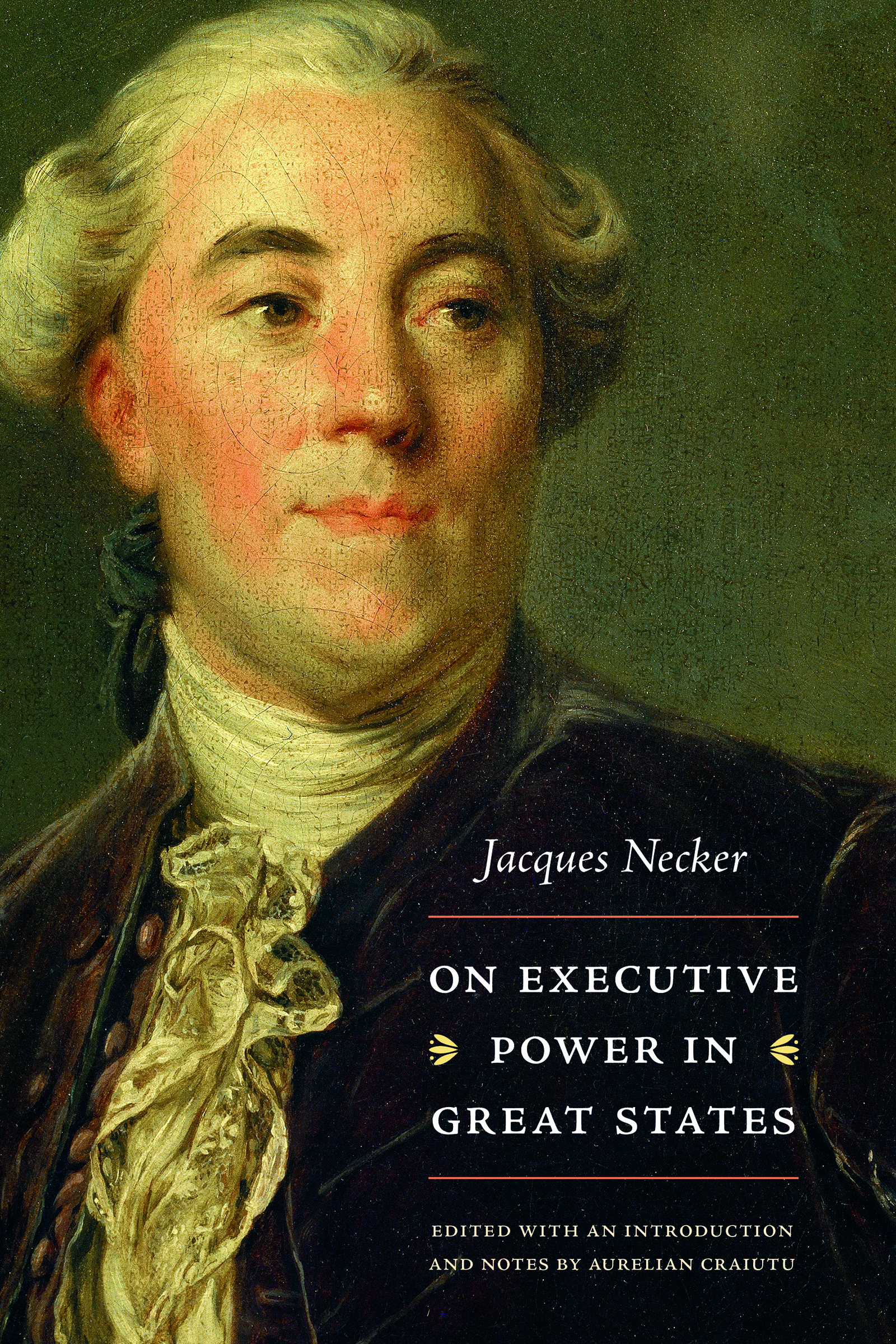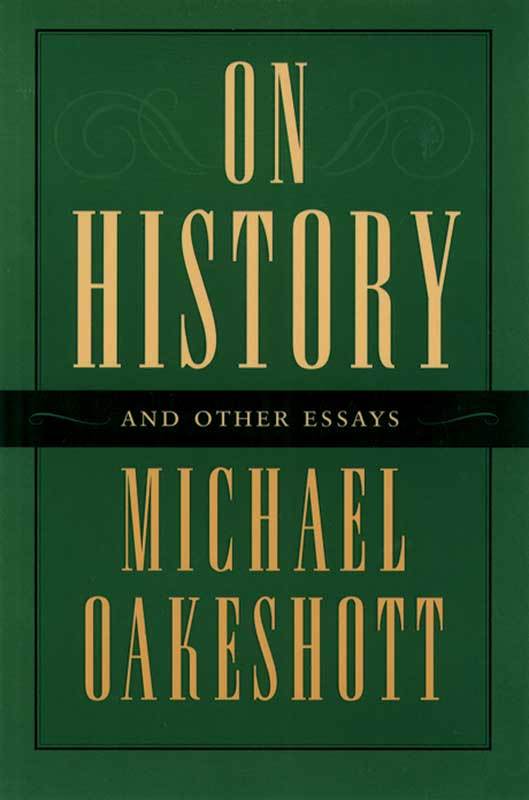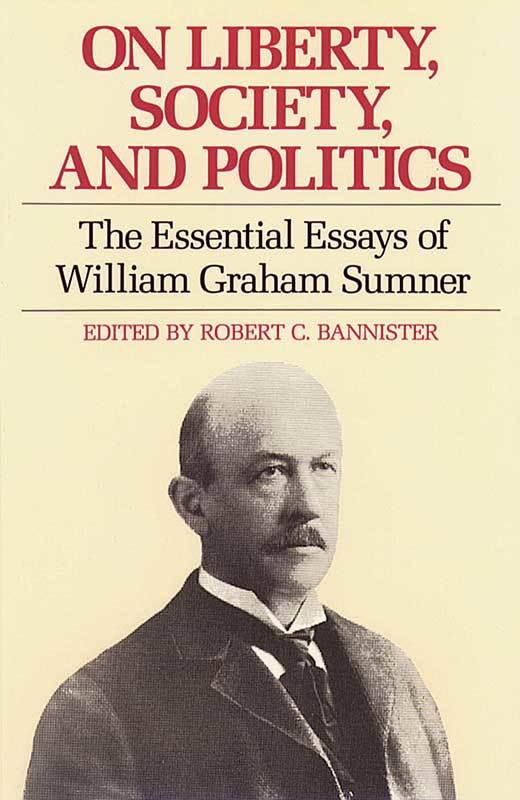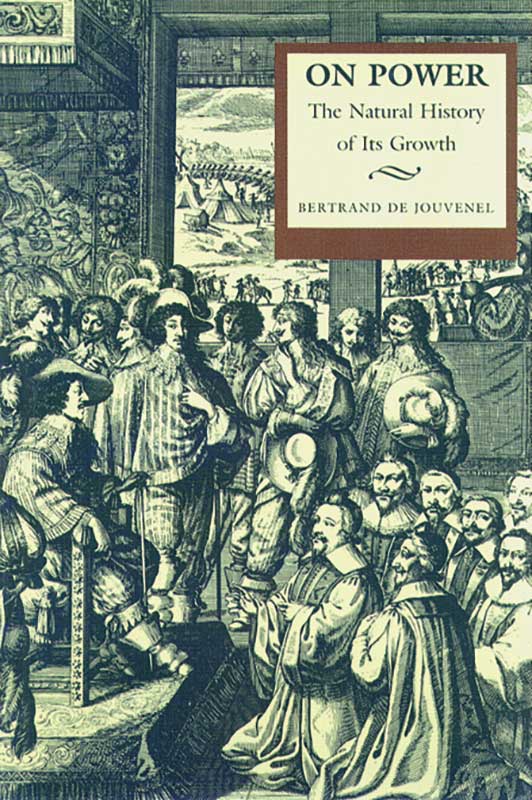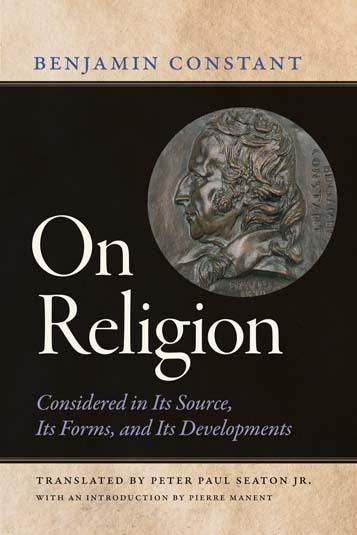Shop
-
Notes and Recollections
by Ludwig von Mises
/ Learn MorePublished for the first time together in one volume is Ludwig von Mises’s Notes and Recollections with The Historical Setting of the Austrian School of Economics. Written between 1940 and 1941, shortly after he arrived in the United States, Notes and Recollections is in effect Mises’s pre-1940 intellectual autobiography. This work reveals how Mises developed his theories, wrote his books,…
-
Notes on Malthus’s Principles of Political Economy
by David Ricardo
/ Learn MoreDavid Ricardo and T. R. Malthus shared an endearing friendship despite a contentious divergence of opinion on many political economic issues. This volume contains the formal remnants of their differences. Ricardo analyzes, issue-by-issue, his points of divergence to Malthus’s Principles of Political Economy. Malthus’s contributions to political economics generally concern his bleak forecast that a geometrically growing population would surpass…
-
Obras filosficas y politicas
by Abû Nasr al-Fârâbî
/ Learn MoreAbû Nasr al-Fârâbî (ca. 871–950) puede ser considerado como el verdadero fundador del sistema filosófico árabe. Representante de la Falsafa, movimiento filosófico que floreció y maduró en el mundo islámico como continuación del pensamiento griego, sus Obras filosóficas y políticas provienen de la preocupación por las dificultades políticas en el Estado islámico y se destacan por el intento de introducir…
-
Observations on “The Two Sons of Oil”
by William Findley
/ Learn MoreObservations on “The Two Sons of Oil” was written in 1811 in response to the Reverend Samuel B. Wylie’s work, The Two Sons of Oil, which was published in 1803. In this work of radical Presbyterian theology, Wylie pointed out what he considered to be deficiencies in the constitutions of both Pennsylvania and the United States and declared them to…
-
Observations upon Liberal Education
by George Turnbull
/ Learn MoreOriginally published in 1742, Observations upon Liberal Education is a significant contribution to the Scottish Enlightenment and the moral-sense school of Scottish philosophy. In Observations, Turnbull applies the ideas of the Scottish Enlightenment to the education of youth. He shows how a liberal education fosters true “inward liberty” and moral strength and thus prepares us for responsible and happy lives…
-
Of the Nature and Qualification of Religion in Reference to Civil Society
by Samuel Pufendorf
/ Learn MoreSamuel Pufendorf’s Of the Nature and Qualification of Religion (published in Latin in 1687) is a major work on the separation of politics and religion. Written in response to the revocation of the Edict of Nantes by the French king Louis XIV, Pufendorf contests the right of the sovereign to control the religion of his subjects, because state and religion…
-
Omnipotent Government
by Ludwig von Mises
/ Learn MorePublished in 1944, during World War II, Omnipotent Government was Mises’s first book written and published after he arrived in the United States. In this volume Mises provides in economic terms an explanation of the international conflicts that caused both world wars. Although written more than half a century ago, Mises’s main theme still stands: government interference in the economy…
-
On Executive Power in Great States
by Jacques Necker
/ Learn MoreJacques Necker (1732–1804) was a Swiss statesman and financier who played a crucial role in French political life from 1776 to 1789. Born in Geneva, he was a devout Protestant who amassed considerable wealth as a successful banker. In October 1776, he was appointed as director of the Royal Treasury and, later, in June 1777, as director general of finances…
-
On History and Other Essays
by Michael Oakeshott
/ Learn MoreIn five essays, including three on historiography, one of the greatest minds in English political thought in the twentieth century explores themes central to the human experience: the nature of history, the rule of law, and the quest for power that is intrinsic to the human condition. Michael Oakeshott believed, as Timothy Fuller observes, that “the historian’s effort to understand…
-
On Liberty, Society, and Politics
by William Graham Sumner
/ Learn MoreWilliam Graham Sumner is the “forgotten man” of American intellectual history. Too often dismissed or only superficially understood, his interpretations are now attracting closer scrutiny and appreciation. He is remembered chiefly as one of the founding fathers of sociology. Sumner’s analysis of the relation between the individual and society is deeper and more sophisticated than is commonly thought. For students…
-
On Power
by Bertrand de Jouvenel
/ Learn MoreDocumenting the process by which government and controlling majorities have grown increasingly powerful and tyrannical, Bertrand de Jouvenel demonstrates how democracies have failed to limit the powers of government. Jouvenel traces this development to the days of royal absolutism, which established large administrative bureaucracies and thus laid the foundation of the modern omnipotent state. Bertrand de Jouvenel was an author…
-
On Religion
by Benjamin Constant
/ Learn MoreThis is the first full-length English translation of Benjamin Constant’s massive study of humanity’s religious forms and development, published in five volumes between 1824 and 1831. Constant (1767–1830) regarded On Religion, worked on over the course of many years, as perhaps his most important philosophical work. He called it “the only interest, the only consolation of my life,” and “the…
60% OFF YOUR ENTIRE BOOK PURCHASE
Save up to 60% and get free shipping as part of our Holiday Sale. Visit our Promotions Page to learn more!
Offer expires January 31, 2026

